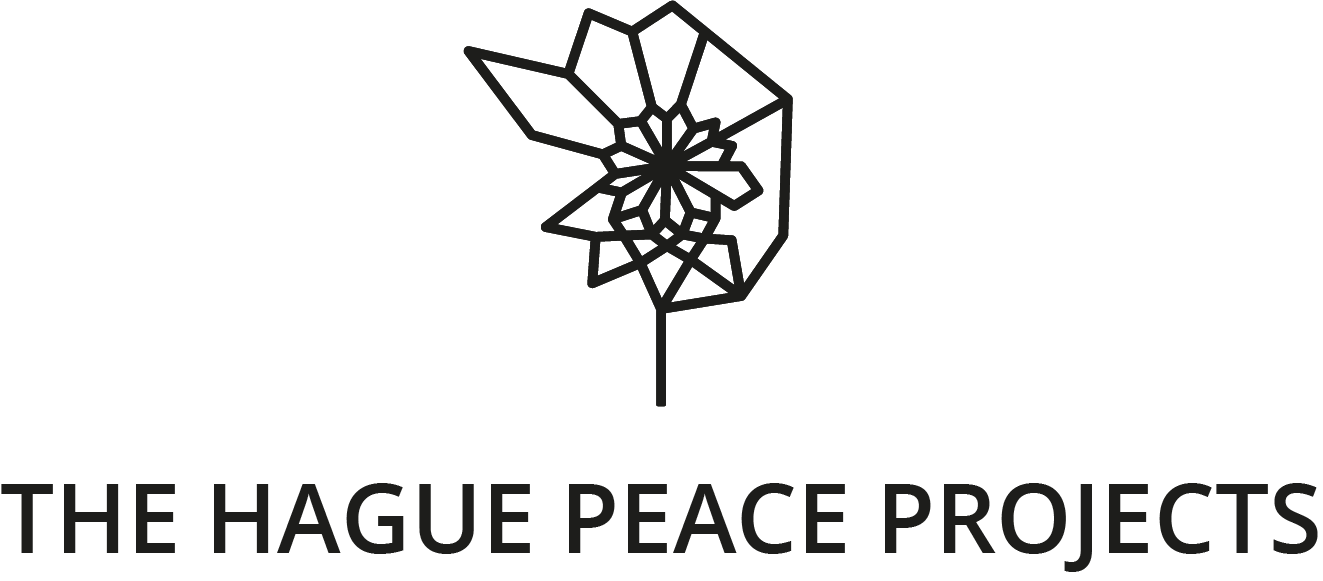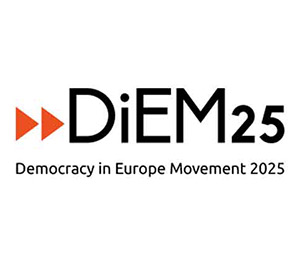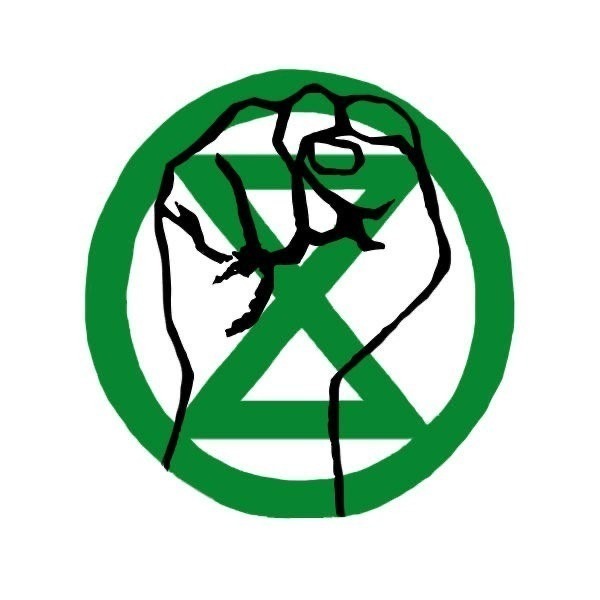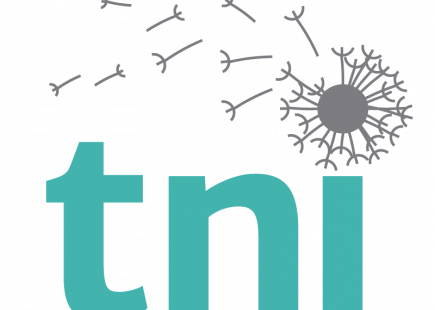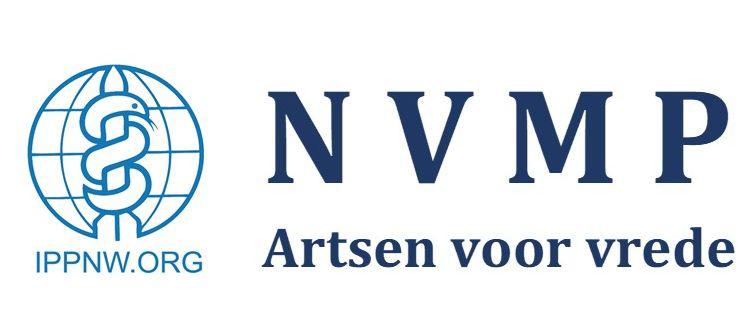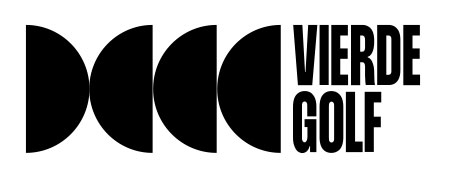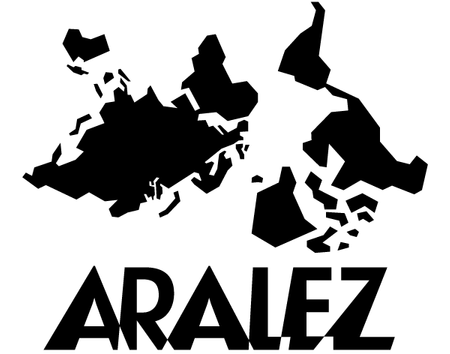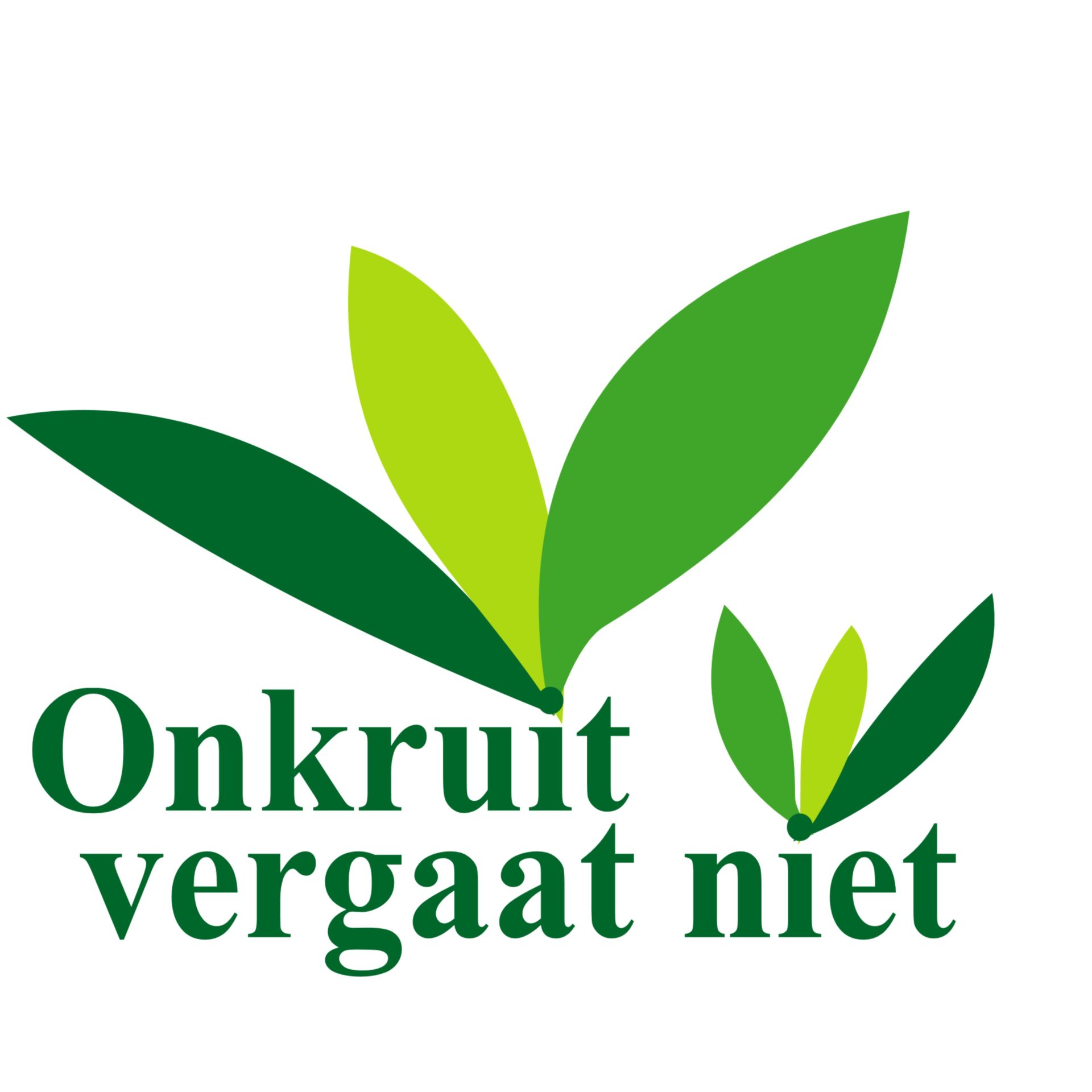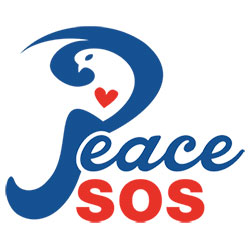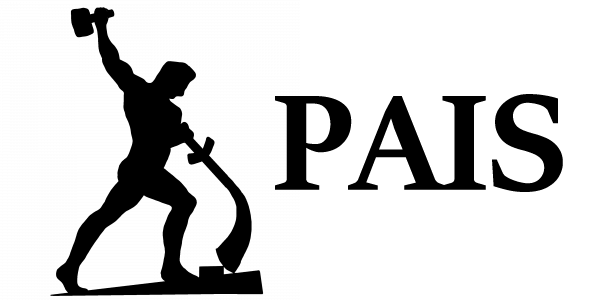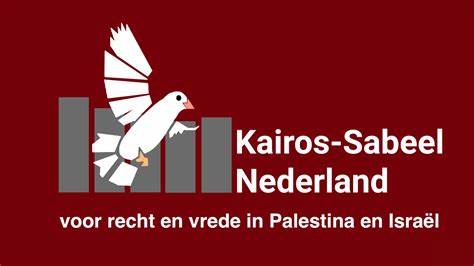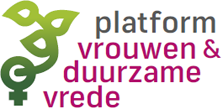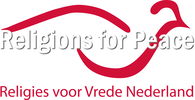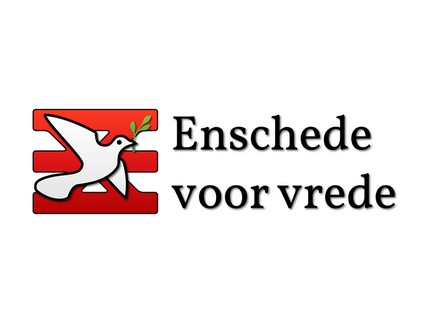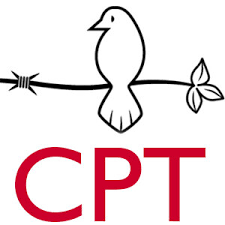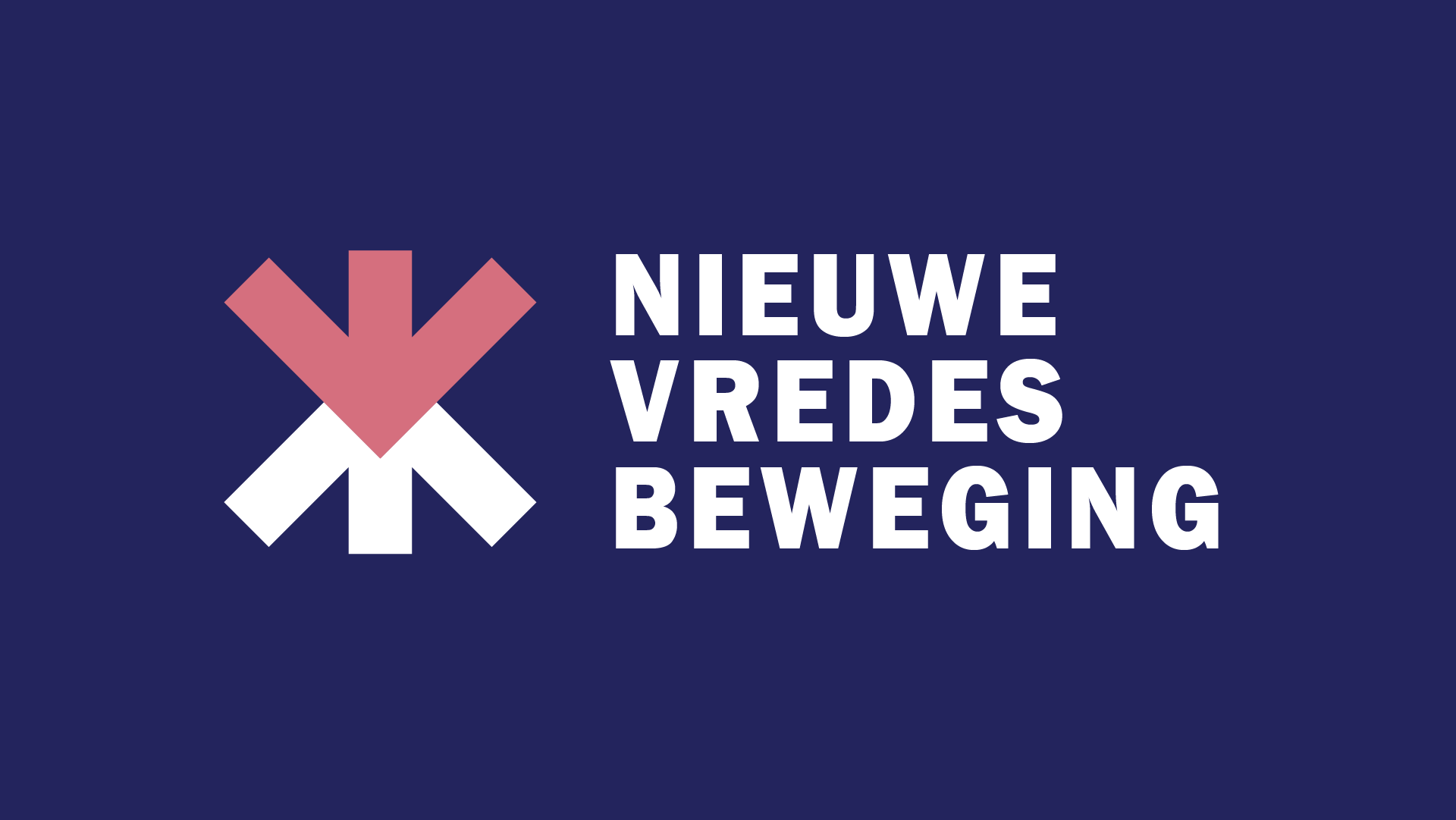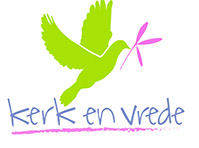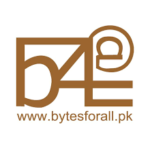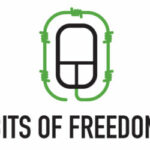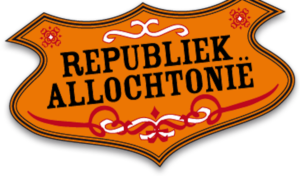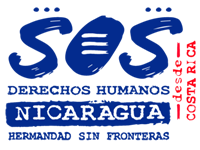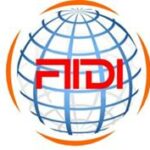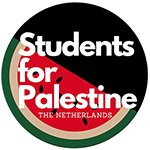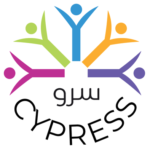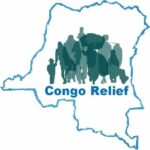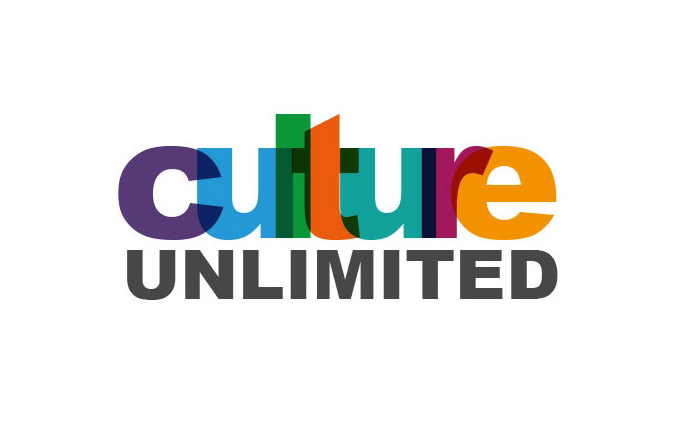About us
Dialogue is the path to understanding
Our Mission
Peace through Dialogue
The Hague Peace projects is an organisation dedicated to achieving peace through dialogue. By listening and talking we seek to learn the whole story behind our conflicts and work towards de-escalation and establishing lasting peace.
We believe dialogue is the only route to achieving real, non-violent, political, social, cultural, and environmental transformation.
Through our events and media channels, we acquire and share information to better equip well-informed and inclusive debates and counter-balance the lack of representation and diversity in mainstream corporate media.
We benefit from the knowledge our diversity brings
Together we are wiser. Dialogue deepens our insight into cultural, economic, and social constructs, and broadens our understanding of humanity and truth so we may advance towards positive change.
How did we start?
The Hague Peace Projects was founded in 2014 by four human rights professionals who were worried by a quick succession of new conflicts that were emerging globally: Syria, Yemen, Central African Republic, Ukraine, and Libya. At the same time, many unsolved conflicts continued to take the lives of innocent people in Iraq, Afghanistan, Somalia, Congo, and many other places.
Having worked intensively with refugees and human rights defenders who had come to the Netherlands from conflict areas, we recognized them as powerful catalysts for positive change, and a rich source of knowledge and new perspectives on our own views and attitudes.
However, there was no infrastructure for these activists who had become victims of conflict and oppression to continue their work for peace, justice, and human rights. Rarely did they get involved in the established human rights and development efforts. Considering this omission as an enormous waste of wisdom and experience, we decided that a new organisation needed to be created in order to provide them the opportunity to continue their work from within their diaspora communities.
As a result, our organization has attracted hundreds of activists and volunteers to spend their energy on resolving conflicts and defending human rights worldwide. Over the years, we have seen our organisation complete many peace projects driven by a great diversity of communities.
Our journey and pursuit of peace and human rights has taught that listening is just as important as talking. It has helped us to recognise different cultures and perspectives and has led us to evolve as an organisation that represents a diversity of standpoints to form the basis of peace and humanity.
Let's talk about root causes
We live in a world where millions of people are experiencing war, violence, and oppression on a daily basis. There are more than 100 wars in the world at this current time, including massacres and genocides.
Wars are not natural occurrences. They are not random, but a symptom with a back story. They are the least desirable outcome of a dispute or conflict that was never resolved. Any legitimate attempt towards peace requires a concerted effort to understand and accept this back story, and work towards addressing their root causes instead of stopping thought at their symptoms.
To know the root cause of a conflict one must be willing to listen and talk. To focus solely on its symptoms requires the dismissal of narratives that flow from the process of truth finding.
Alas, symptom management is the method for ‘achieving’ peace by the West. A selective frame is required to consistently and conveniently disregards any own role in the birth and persistence of global conflicts, and redirect arguments away from their root cause towards the resulting symptoms through the creation of scapegoats and enemies to be blamed and defeated instead.
Such a process requires a deaf ear to the truth, and serves to justify the ‘need for war’ and the deadly misconception that war is the saviour of peace. Because war is the worst thing that can possibly happen to a society. It is the end of all norms and of all human security and rights.
The destruction and pain it creates is unimaginable. The grief for lost loved ones, the (inter)generational traumas, the rupture of the entire social fabric of a society, the continued mistrust between communities, poverty, corruption, and crime in post-conflict societies is the result of war, not peace. Yet, while those elected to serve our best interests invest so readily in war with their budgets in the billions, civil peace initiatives receive nothing.
People who have personally experienced war say ‘never again’ to remind us of its inhumanity and cruelty – lest we forget. People talk and share their stories – lest we deny. Today, the West are choosing for war. They are invested in it and have abandoned understanding.
Once again, the truth is being replaced with a story of fear and hate. As such, we must contend with top-down narratives whose amplification relies heavily on reinforcing our own cultural, political, and economic biases. As has been said so often: the first victim in any war is the truth. This makes the most important ‘weapon’ for peace builders the truth itself.
Any real interest in discovering truths requires that you listen and talk with a genuine intent to reflect on new information, while being exposed to different perspectives. The alternative of war is our most inhumane investment to never understand nor accept the wisdom of more stories other than just our own.
The current warmongering in the West is only possible with massive propaganda. The selective exposure and framing of information through corporate media such that alternative facts and narratives are marginalized and structurally underrepresented in an ideological mainstream.
It is our goal, through the process of dialogue, to uncover and share truths that require representation. Without mass exposures to all facts, critical information will never form the basis of public opinion and civil and political decisions will not be just or well-informed.
Nor will conflicts ever be properly understood or resolved without the full disclosure and sufficient public exposure to all pertinent information and perspectives. The failure of mainstream corporate media to do this has never been so clear in light of today’s ‘coverage’ of the genocide in Gaza. This is a prime example of ideological framing and the self-fulfilling reward mechanisms of interests and biases that have always been denied, just never so obviously.
A sustained effort is required by society itself to ensure their leaders make the right decisions. For this to happen, sufficient access and exposure to accurate information is essential. Without it, we will never benefit from a clear analysis of world events and a true understanding of the nature of politics, economics, media, and culture.
Vital to any healthy democracy is the active and informed engagement of all citizens in a dialogue across all sections of society: rich and poor, old and young, native and newcomer.
We endeavour to encourage and share this dialogue and the information that flows from it, such that a well-informed and inclusive civil society may grow and learn to properly advance towards peace.
It is our hope that through all our collective efforts, real, non-violent, political, social, and environmental transformation can be achieved.
The media you know is not what you think it is
The media you know is not what you think it is
We call the bulk of media which comes our way ‘mainstream’, but corporate is a better description. Practically all of our daily news is provided by local monopolies owned by a handful of corporations.
By and large, Western media and its journalism reproduce a narrative that reinforces the political, cultural, and economic biases of itself and its market place. That is not the job of journalism. Instead, it is a systemic failure to impart a balanced representation of facts in order for its recipients to discern an accurate picture of the truth.
Though you may have suspected as much from reporting on past conflicts, today there is no more blatant example than the coverage of Gaza, a fully documented genocide still waiting for the West’s humanity and willingness to share facts.
Here we see deviant narratives marginalized through lack of exposure and manipulation, with a false frame of the truth as reward for trusting what our corporations, institutions, and governments say to be true.
Gaza presents a live dashboard of the quality of Western journalism for us. When exposed to the enormity of news and live coverage, it is easy to gain a complete and horrifying overview of the genocide, and equally clear to see the collective inability of Western media to accurately pass this information on to its populations.
The daily omissions of crucial news and editorial strategies to sell a narrative in favour of facts, sound a loud and clear alarm bell for the quality of journalism and the consequent effect it has on a democracy’s ability to think for itself.
The truth scares narratives that do not comply
When initiatives to share facts are manipulated by the media we entrust to present them, the moment has arrived for us all to embolden our resolve to search for them ourselves.
Alas, this moment arrived long ago, if it was ever not with us. Though Gaza is most illustrative of the world’s largest propaganda machine by the unveiling of its obvious hypocrisy and complicity through overwhelming and accessible evidence, the story of Gaza is but one in a long line of exploitative conflicts that have been spun for our acceptance.
Each time, the driving narrative stems from our cultural institutions with their uniform and rigid power structures serving the interests of capitalism, imperialism, and war. Their positions on international conflicts consistently reveal a pervasive colonial attitude whose crimes are sold as wars to protect against a framed evil of convenience.
As it stands, our ‘trusted’ media institutions continue to deflect genuine attempts at presenting critical facts with divisive tactics and counter-narratives to trivialise or demonise those who pursue them.
The societal impact of this diet of (mis)information is colossal and encourages positions that are only tenable without a full disclosure of facts and the promotion of counter-narratives to encourage you not to search for them.
We are consequently presented with a story framed to serve the capital interests of cultural institutions and their investors – and too rarely exposed to genuine attempts at truth and context with the aim of serving the interests of collective knowledge, and thus the people.
Tomorrow’s world
By any objective measure, we see a culture today that has failed in its promises of freedom and democracy to deliver an unequal world unto its youngest generation that thrives on their exploitation.
A world which has sold their social and economic rights to the highest bidders, increasingly empowering a class hierarchy to chase their false gods of greed and the servitude of workers to provide it.
With every aspect of societal responsibility in crisis, from affordable life to a liveable planet, our champions of the counter-narrative have nothing left to validate their role outside the offer of war and division. And with the world’s largest propaganda machine at their disposal, they are likely to succeed once again in taking us down another war path of capital exploitation under the guise of freedom and progress, and the defence thereof.
And such are the cycles of violence and crises that haunt Western history, while furnishing its lessons with an appropriated vocabulary of civilization and saviourism.
Humanity is losing the war on information
Our collective ability to adequately reflect on the events and mechanisms that influence our lives and behaviour, rapidly diminishes with bad information.
The quality journalism that does emerge from the fringes of capitalism sees its communal impact all but nullified by our lack of exposure to it, notwithstanding the commercial and ideological interests it may be sieved through.
There remains one tradition that may yet inform and enable us to advance towards a new culture of peace beyond the ethos of imperialism and its narrative of division.
A tradition through the ages, of talking and listening to reach a consensus – a tradition much fairer than the blunt majoritarianism we call democracy today.
Our task ahead is to improve the information diet of a culture. One that, once again, sees its values and emotions engineered to return to a cycle of war.
People who have personally experienced war say ‘never again’ to remind us of its inhumanity and cruelty – lest we forget. People talk and share their stories – lest we deny. Today, the West are choosing for war. They are invested in it and have abandoned understanding.
With the stakes and real-life repercussions higher each time, we now look to stop a growing Nazification of Europe and America and the pursuit of power in the name of new and old normalized abstractions to dehumanize.
We must endeavour to uncover and share the world’s stories because our media has lost its diversity and ability to properly represent different points of view.
And the consequences are disastrous.
Support Dialogue - Support Humanity
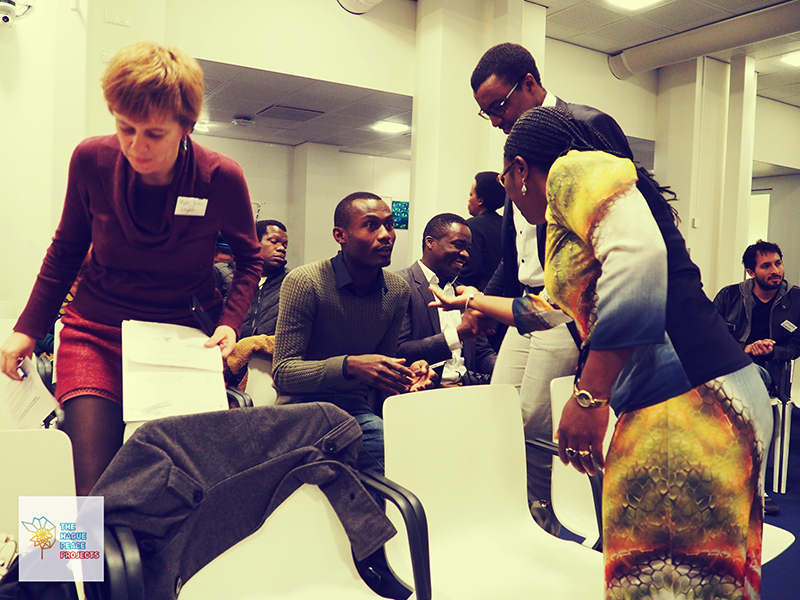
We are
The Hague Peace Projects consists of professionals from all over the world with a broad interdisciplinary expertise and dedication to peacebuilding.
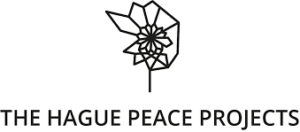
Team
| Steen Bentall | Director |
| Pieter Rambags | Program Manager |
| Sabine Spiegelberg | Office Manager |
| Nettie Bakker | Events Manager |
| Rita Fiave | Head of Studio |
| Rhea Koutouzou | Social Media Team |
| Georgia Lapioti | Social Media Team |
| Willem Elzenga | Studio Team |
| Nandini | Studio Team |
| Veronica | Studio Team |
| Tayfun Balçik | Research |
| Waldo Swart | Research |
| Baukje | Research |
| Ruth Gonschorrek | Project Coordinator NVB |
| Ewing Amadi Salumu | GLR Work Group |
| Hannibal Saad | Cultural Events |
Board
| Jakob de Jonge | Chair |
| Sylvestre Bwira Kyahi | Board Member |
| Martijntje Smits | Secretary |
| Margot Leegwater | Treasurer |
We enjoy a large and diverse community of volunteers who contribute to our activities with their own specific knowledge, expertise, connections, and committment to peace.
Special Mentions
The following volunteers that have worked at HPP deserve a special mention:
Mîrko Jouamér, Trony Ingati, Claire Leunissen, Chale Guadamuz, Akayezu Muhumuza Valentin, Skirmante Sabataityte, Erick Ortega, Melanie T Uy, Vittoria Malgioglio, Dalila Cataldi, Shucheesmita Simonti, Nathalia Martinez, Marie-Cakupewa Fundiko, Shafayet Choudhury, Irene Kyazze, Rayid Alvarado, Alena Kahle, Nina Nout, Ame Trandem, Waqaas, Katrina Burch, Daniel Melo, Jaap Wallet, Lisanne Boersma, Yousif Fasher, Benjamin, Jean-Claude, Bruno F. Salvetti, Leslie Newhall, Theo Kauffeld, Lars Michael Stockhausen Hektoe, Claudia Rodriguez Ortiz, Guido Willem Soeteman, Anook Cléonne, Alexander Medik, Niels den Daas, Jo Kroese, Jasper Kol, Berber Hidma
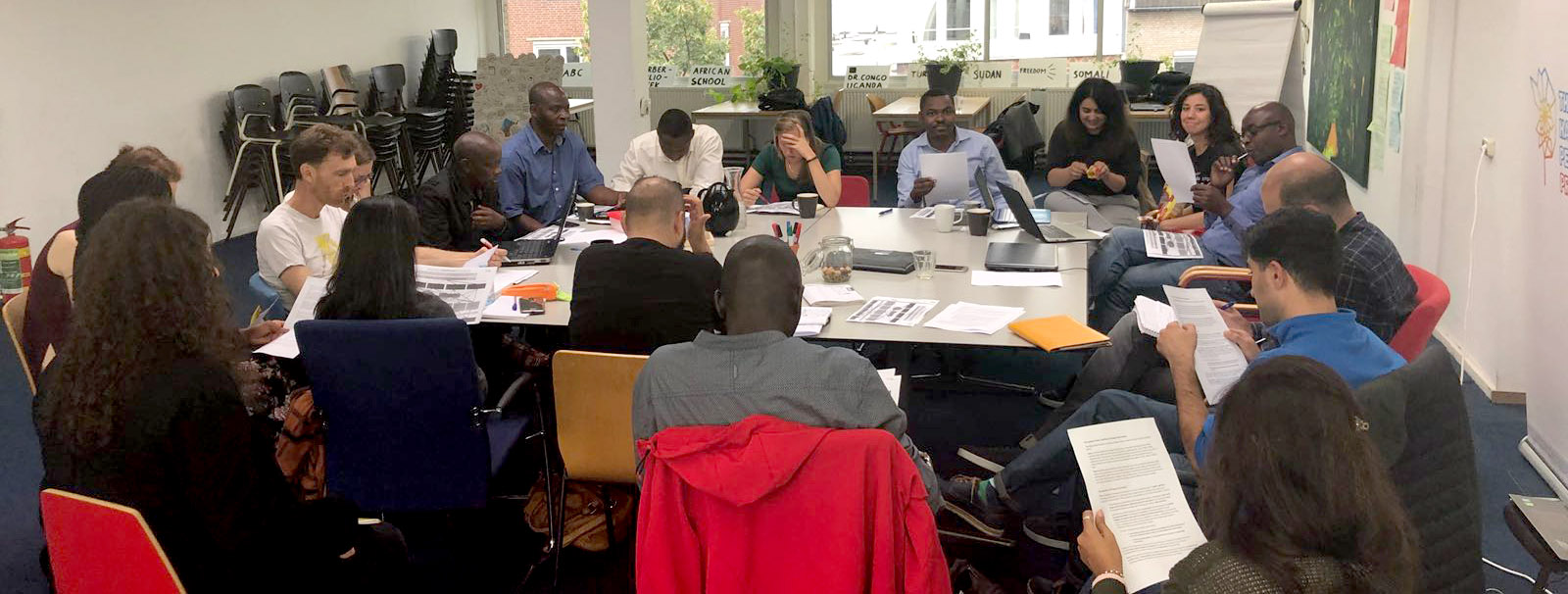
Network
The Hague Peace Projects has an extensive network of friends and partnerships. Here are some of the national and international organisations we work with:
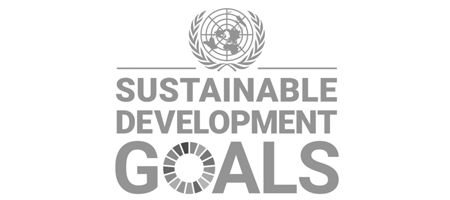
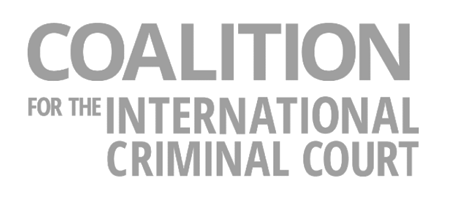
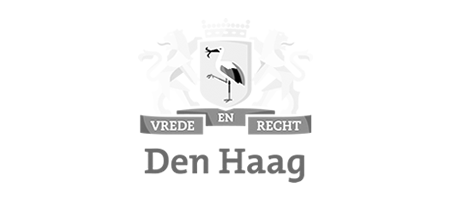
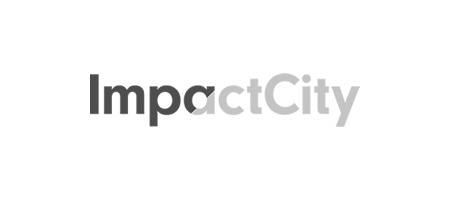
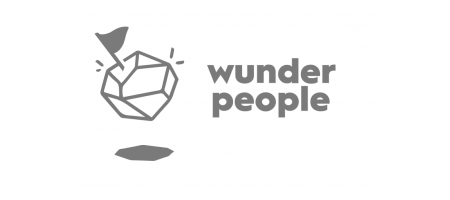
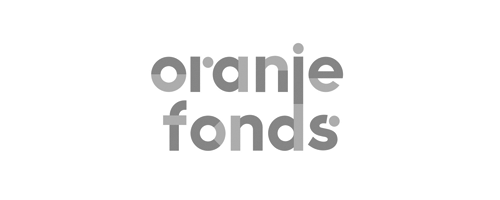
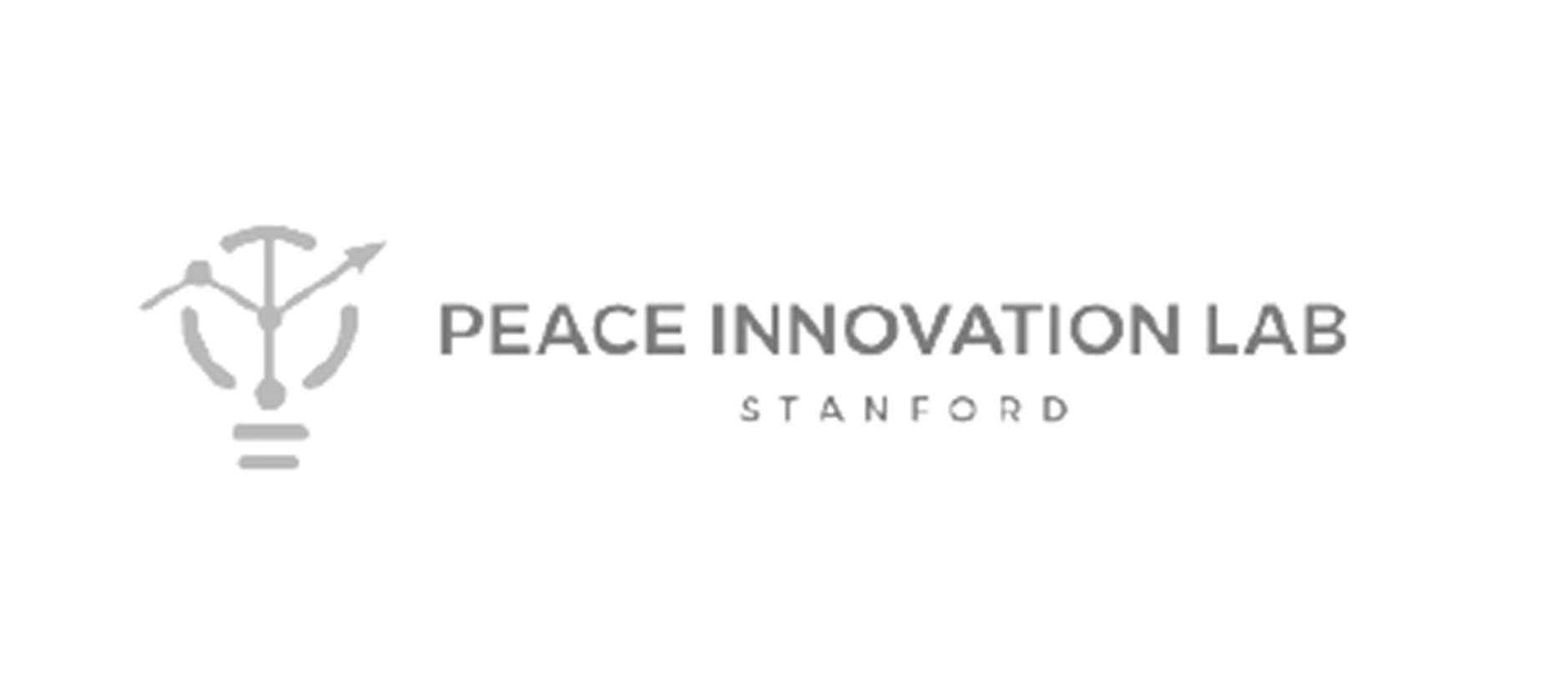
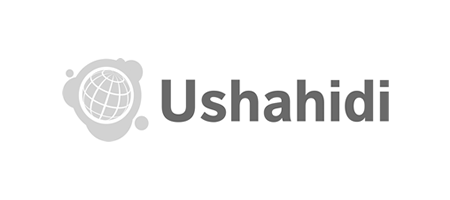
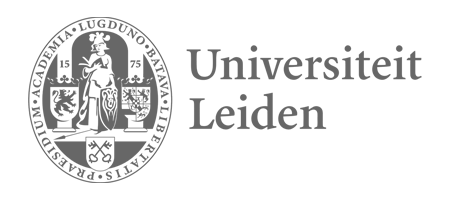
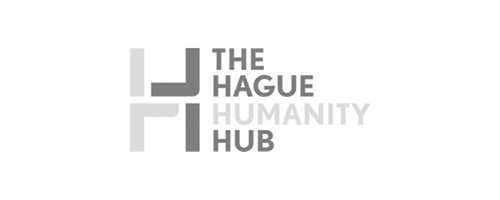
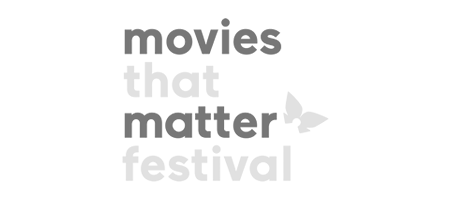
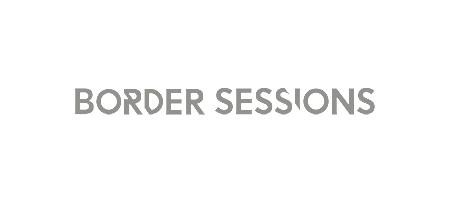
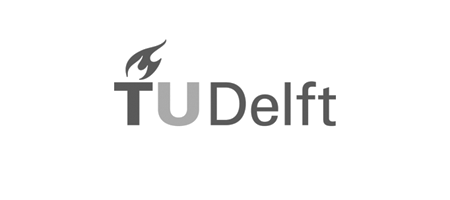
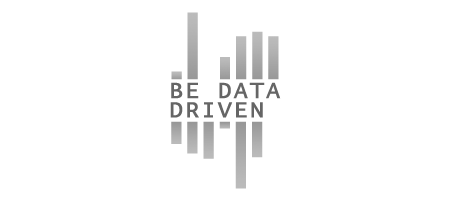
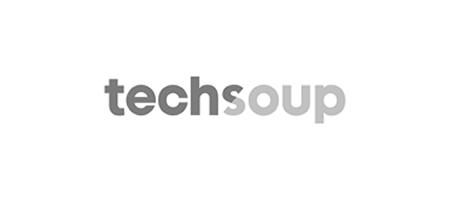
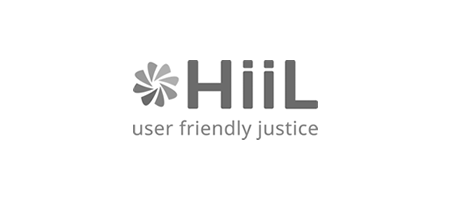
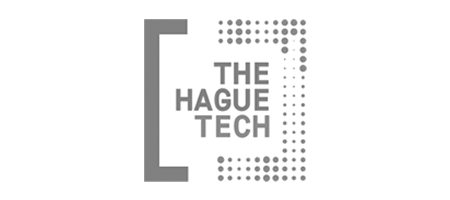
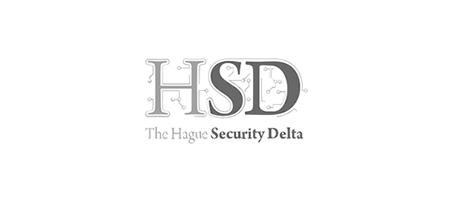
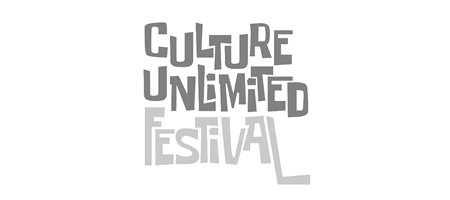

Follow
Support peace and follow our media channels to stay up to date.
ANBI Status (PBO)
With the ANBI (Algemeen Nut Beogende Instelling) status from the Dutch government, The Hague Peace Projects is recognised as a Public Benefit Organisation (PBO). This means that our organisation is committed to the public benefit and contributions made to The Hague Peace Projects are deductable from the taxable income of donators.
